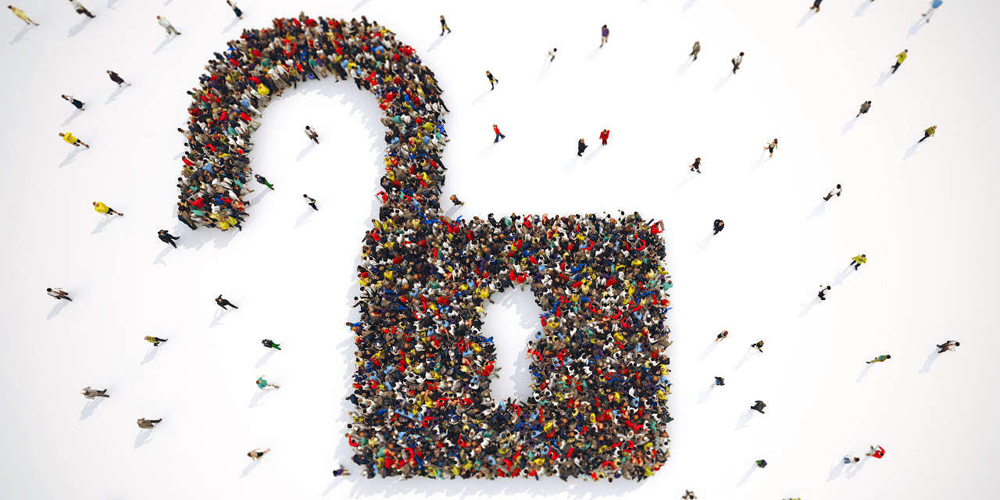At the recent Veterinary Innovation Summit in Kansas City, a familiar scene played out time and again. Conversations began with a standard greeting: “How are you?” Without missing a beat, the first response was almost always, “Busy.” The word has become a reflexive reply, a societal badge of honor that somehow validates our importance and worth. But as data increasingly shows, being busy doesn’t necessarily mean being productive or fulfilled.
In a world that prizes multitasking and constant hustle, it’s easy to fall into the trap of equating busyness with success. Yet research suggests that multitasking isn’t the productivity booster many believe it to be. A study from the American Psychological Association found that multitasking can reduce productivity by as much as 40%. When you’re juggling multiple tasks, your brain takes time to switch between them, resulting in mental fatigue and a decrease in overall efficiency. Instead of getting more done, you’re spreading your cognitive resources thin, leaving you exhausted and less effective.
The focus on busyness also distracts from the deeper, more meaningful aspects of work and life. By filling every minute of the day, we may miss out on opportunities to innovate, connect, and think creatively. At the Veterinary Innovation Summit, several keynote speakers emphasized the newest tool in productivity, AI, does more than help you in your daily work, but it also gives you the ability to make space for reflection and brainstorming, which are critical for problem-solving and coming up with new ideas.
Research supports this notion. According to a study published in the Harvard Business Review, taking time to think and reflect can lead to breakthroughs and better decision-making. When we’re perpetually busy, we rob ourselves of this mental space, and as a result, we might miss out on the next big idea or the chance to see things from a new perspective.
More than just a drain on creativity and productivity, chronic busyness can be a survival mechanism. It can mask underlying feelings of inadequacy or a fear of failure. By staying busy, people may feel they are protecting themselves from confronting the deeper question of whether they are truly thriving. Is all this busyness a substitute for something more meaningful? Are we using it to avoid the discomfort of introspection or the challenge of change?
Identifying the “Busy Badge of Honor”
So, how can you tell if you’re wearing the “busy badge of honor”? I’ve listed a few signs below.
- Constantly Saying You’re Busy: If your default response to “How are you?” is “Busy,” it might be time to take a step back and evaluate why. Are you genuinely engaged in important tasks, or are you filling your time with activities that don’t add value?
- Lack of Downtime: If your schedule is packed from morning until night with no time for breaks, relaxation, or unstructured thinking, you may be too focused on staying busy. Quality downtime is essential for recharging and fostering creativity.
- Feeling Guilty When Not Working: If you find yourself feeling guilty or anxious when you’re not actively working or checking off items on your to-do list, it’s a clear sign that busyness has become a part of your identity.
Tips to Reduce Busy Work
Recognizing that busyness is not synonymous with productivity is the first step. Here are three tips to help reduce busy work and reclaim your time.
- Prioritize Tasks: Not all tasks are created equal. Use tools like the Eisenhower Matrix to prioritize tasks based on urgency and importance. Focus on what truly matters and let go of or delegate the rest. This will help you spend your time on activities that have the most significant impact.
- Set Boundaries: Learn to say no. It’s okay to turn down meetings, projects, or commitments that don’t align with your priorities. Setting clear boundaries about your time can help you focus on what’s important and prevent you from getting overwhelmed.
- Schedule Thinking Time: Block out time in your calendar for reflection and strategic thinking. This might feel counterintuitive if you’re used to a busy schedule, but taking time to pause and think can lead to more innovative solutions and better decision-making.
In a rapidly evolving industry like Veterinary medicine, innovation and fresh thinking are essential. If we’re too busy to engage with new ideas or reflect on our experiences, we risk stagnation. The Veterinary Innovation Summit was a reminder that busyness should not be a badge of honor. Instead, we should strive for balance, ensuring that we have enough time and mental space to not only do our work but to do it well and with passion.
It’s time to take off the “busy badge” and replace it with one that truly matters: being present, thoughtful, and genuinely engaged in our work and lives.

